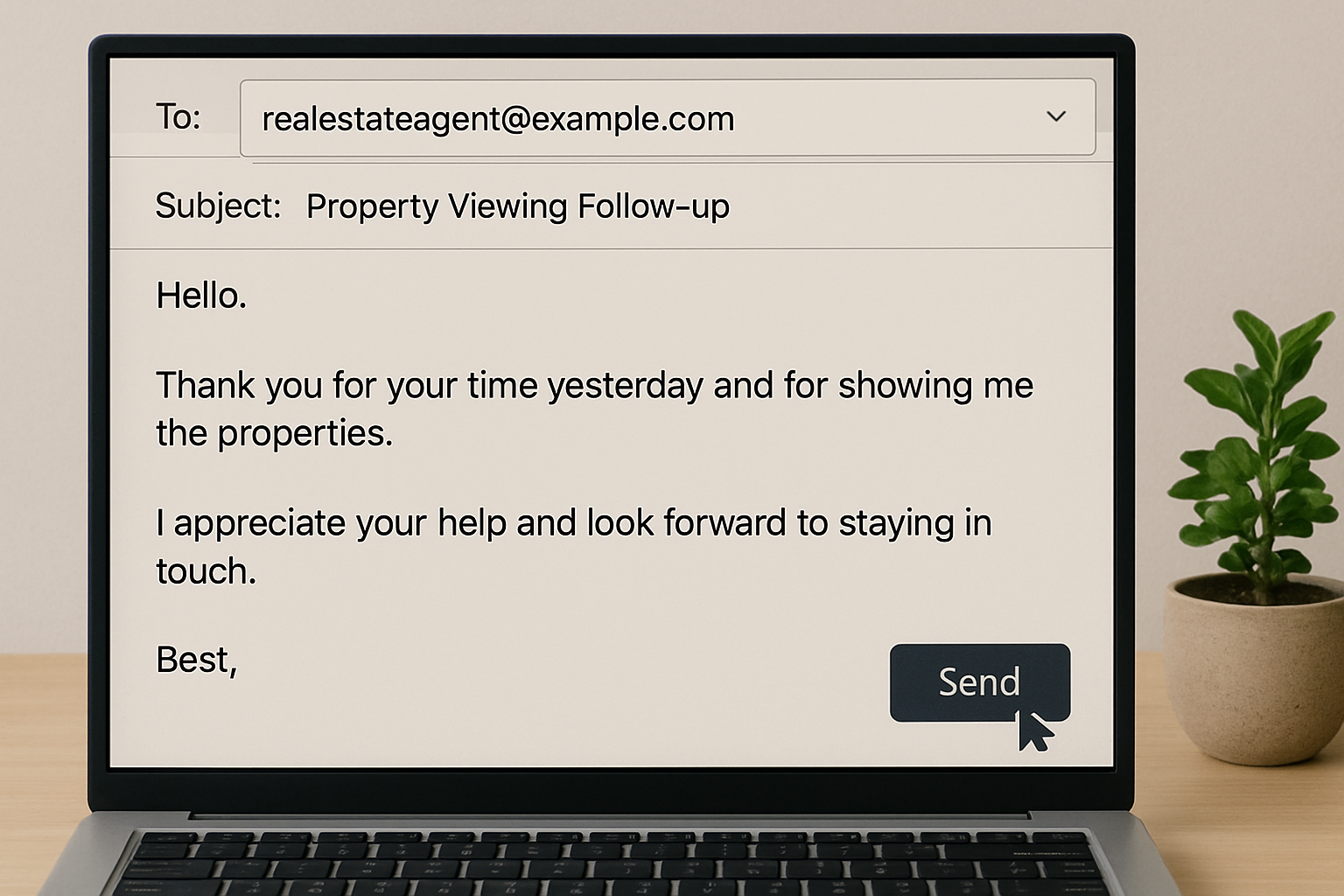Some of you may be thinking about starting rental management, or have already started, but feel that it is not more than just "asset management.
Income from real estate is an attractive option for stable asset building. However, at its essence, it is nothing more than " business management," which requires a more active and strategic approach.
In this article, INA & Associates, Inc. will explain the perspective of "business management" for successful rental management in an easy-to-understand manner with our expertise in real estate.
We clarify the difference from asset management and provide a comprehensive introduction to specific advantages and disadvantages, as well as steps to success. We hope this article will help you take your rental management to the next level.
Is rental management "asset management" or "business management?
To succeed in rental management, it is essential to first correctly understand the difference between "asset management" and "business management.
The two are not the same, and this difference in understanding can make a big difference in long-term results.
Fundamental Differences between "Asset Management" and "Business Management
The following table compares the characteristics of the two.
| Item | Asset Management | Business Management |
|---|---|---|
| Purpose | To maintain or increase the value of assets (capital gain, income gain) | To continuously generate profit and grow the business through business activities |
| Initiative | Relatively passive (purchase of financial instruments, ownership of real estate, etc.) | Active and proactive (formulation, decision-making, and implementation of business strategies) |
| Involvement | Low (often left to experts) | High (requires deep involvement as a manager) |
| Time horizon | Varies from short-term to long-term | Medium- to long-term perspective is essential |
| Risks | Mainly market price fluctuation risk | Wide variety of business risks such as vacancy, rent arrears, disasters, interest rate fluctuations, etc. |
Why should rental management be considered "business management
As is clear from the above comparison, rental management is not a passive activity that merely involves owning a property and earning rental income.
There are customers called " tenants," and pursuing their satisfaction directly leads to business stability.
As a manager, you are constantly required to make decisions on how to deal with issues such as vacancy risk and rent arrears, and what kind of repair plans to make to maintain and improve the value of the property.
This is exactly the same perspective and determination that is required to manage a company.
5 Advantages of Rental Management as Business Management
By viewing rental management as "business management," you can enjoy many advantages.
Here are five typical advantages.
1. Stable income (income gain)
Once the business is on track, a stable monthly rental income can be expected as long as there are tenants.
This is a big attraction that financial instruments with their volatile prices do not have.
2. Tax-saving effect
Depreciation, property taxes, and management fees can be posted as expenses, leading to income and inhabitant tax savings.
In particular, the ability to add or subtract income and loss from other income, such as employment income, is a major advantage.
3. Substitution effect for life insurance
By purchasing group credit life insurance (danshin) when you take out a loan, your loan will be paid off in the event of an emergency, and you can leave your family a debt-free asset.
4. Inflation Protection
During periods of inflation, rents tend to rise in line with price increases.
In addition, the value of the real asset itself, the real estate, also rises, making it an effective means of hedging against inflation.
5. Leverage Effect
By utilizing loans from financial institutions, one can acquire expensive properties that cannot be purchased with one's own funds alone.
The possibility of a large return on a small amount of one's own funds is a merit unique to real estate investment.
Disadvantages and Risks of Rental Management You Should Know
As a business, there are demerits and risks as well as advantages.
The key to success is to understand these correctly in advance and take countermeasures.
| Types of Risks | Contents | Main countermeasures |
|---|---|---|
| Vacancy risk | A situation in which tenants do not move in and no rental income is generated. | Select an area and property with high tenant needs, set appropriate rent, effectively recruit tenants, outsource to a reliable management company |
| Risk of rent decline | Possibility of rent decline due to passage of building age or changes in the surrounding environment | Simulation of income and expenditure from a long-term perspective, maintaining and improving property value through renovation and remodeling |
| Building aging and repair risk | Incurrence of repair costs due to aging deterioration, including sudden equipment breakdowns | Formulate a long-term repair plan and secure a reserve fund for repairs |
| Interest rate rise risk | If a loan is made at a variable interest rate, the repayment amount may increase due to a rise in interest rates | Selecting a fixed interest rate, considering early repayment, financial planning in anticipation of rising interest rates |
| Disaster risk | Damage to buildings due to earthquake, fire, flood, etc. | Purchase fire and earthquake insurance, check hazard maps |
Success! How to Start Rental Management as a Business Operation
So how exactly should you start a rental business?
Here we will explain the 8 steps for successful business management.
Step 1: Formulate a business plan
First, clarify the purpose of why you are running a rental business, and set specific goals (cash flow, asset size, etc.).
Then, a detailed financial plan and income/expense simulation are conducted to draw a blueprint of the entire project.
Step 2: Property Selection
Based on the business plan, properties are selected.
It is important to identify a property that can generate stable income over the long term, based on a multifaceted review of the area's potential, rental demand, property type, yield, building condition, and other factors.
Step 3: Financing
Consider the balance between personal funds and financing, and apply for financing from a financial institution.
The feasibility of the business plan and the profitability of the property are important points for screening.
Step 4: Consider incorporation
If your personal income exceeds a certain amount or you wish to expand the size of your business, one strategy is to consider incorporation.
Make a careful decision after consulting with an expert on the advantages and disadvantages of incorporation, such as the difference in tax rates and the scope of expense recognition.
Step 5: Select a Management Company
It is no exaggeration to say that the success of rental management depends on the selection of a reliable partner, the management company.
Compare and consider management performance, occupancy rates, responsiveness, and other factors, and choose a company that you can work closely with to promote your business.
Step 6: Tenant Recruitment and Contract
Communicate the property's appeal to the maximum extent possible and develop a recruitment strategy that resonates with the target tenants.
It is also important to properly screen prospective tenants and prevent problems before they occur.
Step 7: Operations after the start of operation
Once the property is operational, there is a wide range of work that needs to be done, including rent collection, handling tenant complaints, and periodic maintenance and repairs.
It is essential to work closely with the management company to respond quickly and accurately.
Step 8: Filing an income tax return
Real estate income requires an annual tax return.
To ensure that you do not omit any expenses, organize your receipts on a daily basis and file your tax return appropriately.
Conclusion: Rental management is a "business" with determination and strategy.
This article has explained that rental management is not just "asset management" but " business management " that requires active decision-making and strategy.
Properly understanding the advantages and disadvantages and taking steps based on a clear business plan is the only way to success.
Rather than passively expecting an increase in assets, one must have a strong will to be a business manager oneself and sincerely deal with customers, the tenants. When you are ready to do so, rental management will not only bring you stable income, but will also provide you with great satisfaction and opportunities for growth.
At INA&Associates, we have supported many owners in their rental management.
From the formulation of a business plan to property selection and consultation on incorporation, we offer the best solutions for each individual's situation.
Why don't you challenge the business of rental management with us? Please feel free to contact us.
Frequently Asked Questions
Q. Can a beginner in real estate investment start rental management?
A. Yes, it is possible. However, there are risks involved in starting on your own. As explained in this article, you need knowledge and perspective as a business manager. We strongly recommend that you first consult with a trusted real estate professional and get support while getting started.
Q. How much personal funds do I need?
A. It is difficult to say, but generally speaking, you will need about 10-20% of the property price as personal funds. In addition to this, you will also need to pay registration fees, real estate acquisition tax, and other expenses. Since conditions vary depending on the financial institution and the property, it is important to plan your financing in advance.
Q. If I leave it to the management company, do I have to do anything?
A. No, that is not true. The management company is only a partner in management. Final decisions must be made by the owners themselves. You should not rely on reports from the management company, but always have the perspective of a manager and be willing to be actively involved.

Daisuke Inazawa
Representative Director of INA&Associates Inc. Based in Osaka, Tokyo, and Kanagawa, he is engaged in real estate sales, leasing, and management. He provides services based on his extensive experience in the real estate industry. Based on the philosophy that “human resources are a company's most important asset,” he places great importance on human resource development. He continues to take on the challenge of creating sustainable corporate value.

.png)













